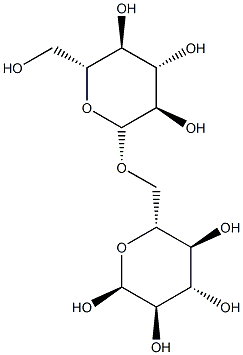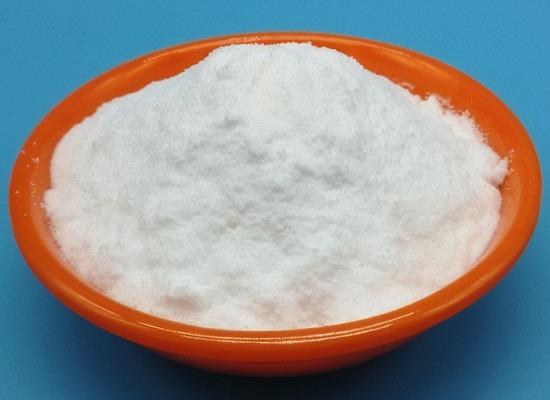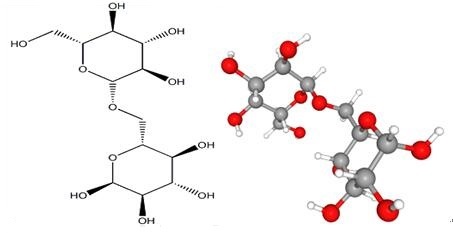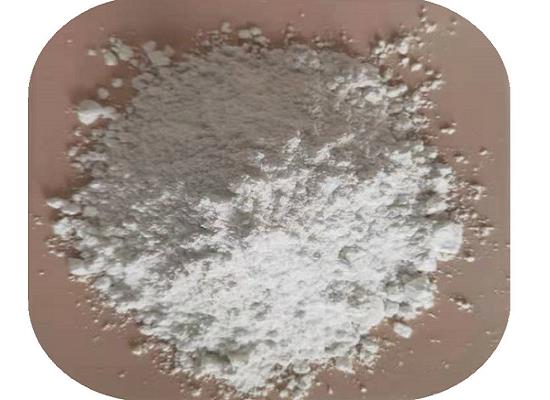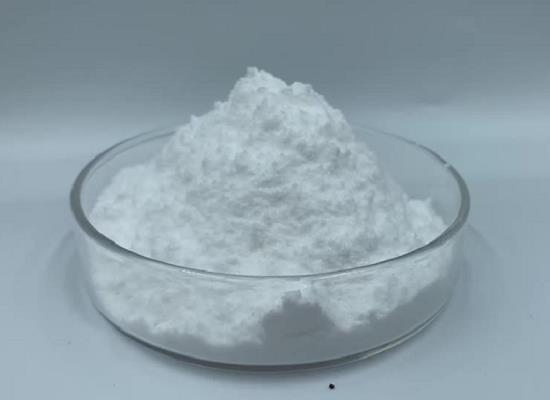Polydextrose: properties and effects on health
General Description
Polydextrose is a versatile glucose polymer that is not digested in the small intestine and passes through to the colon where it is partially fermented by gut microbiota. PDX has a neutral taste and is highly soluble, making it suitable as a low-calorie bulking agent in various food products. PDX positively impacts mineral absorption, blood glucose and lipid metabolism, and has potential to aid in managing obesity and related comorbidities. Studies demonstrate that PDX enhances the absorption of minerals such as calcium and iron, and reduces postprandial triglyceride levels, while improving insulin sensitivity and glucose metabolism. Daily intake of PDX has been shown to improve physiological functions without adverse effects, making it a promising dietary approach for promoting health.
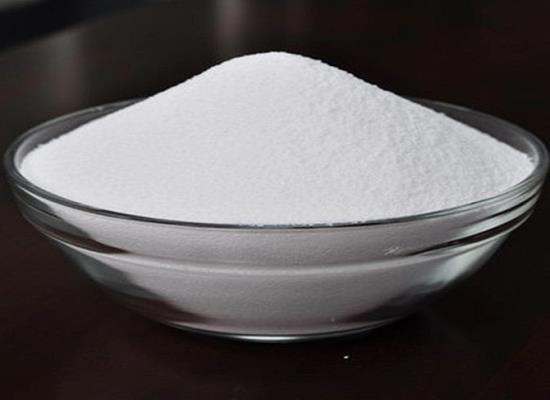
Figure 1. Polydextrose
Properties
Polydextrose is a glucose polymer with a highly branched structure, containing various combinations of glycosidic linkages. It is resistant to digestion in the small intestine and passes through to the colon, where it is partially fermented by the gut microbiota. About 60% of PDX is excreted in feces, while the remaining portion provides energy in the form of short-chain fatty acids (SCFA) produced during fermentation. Polydextrose has a neutral taste and is not sweet, making it suitable as a low-calorie bulking agent in a wide range of food products, including baked goods, confectionery, dairy products, and functional beverages. It is highly soluble in water, resulting in non-viscous solutions. PDX has been extensively studied and approved for use in foods in over 60 countries. In more than 20 countries, it is recognized as a dietary fiber. Daily intake of 4-12g of PDX has been shown to improve physiological functions without adverse effects. Overall, polydextrose is valued for its versatility and multifunctionality as a food ingredient. 1
Effects on health
Mineral absorption
Polydextrose has been shown to have a positive impact on the absorption of minerals such as calcium and iron. While these minerals are usually absorbed in the small intestine, PDX has been found to also enhance their absorption in the colon, via the production of short-chain fatty acids (SCFAs). These SCFAs lead to a lowering of the luminal pH, making calcium more soluble and aiding chelation of iron, which facilitates passive absorption. Studies conducted on rodents have shown that PDX supplementation can significantly increase the acute retention of calcium and magnesium, as well as apparent calcium absorption and bone mineral density. Additionally, PDX has been found to increase the absorption of iron, resulting in higher serum iron concentration, hematocrit, and hemoglobin levels. It is suggested that Polydextrosecould potentially reduce the risk of osteoporosis by increasing the concentration of calcium in bones. In conclusion, Polydextrose has the potential to positively influence mineral absorption and bioavailability in the human body. 2
Blood glucose and lipid metabolism
Polydextrose has been shown to have a positive impact on blood glucose and lipid metabolism. The fermentation of dietary fibers by the intestinal microbiota produces short-chain fatty acids (SCFAs), which have beneficial effects on energy metabolism. Numerous studies have demonstrated that PDX can affect appetite, satiety, and energy intake, making it potentially effective in preventing and treating obesity and related conditions such as cardiovascular disease, diabetes, hypertension, and gastrointestinal disorders. Insulin resistance plays a crucial role in dyslipidemia, and PDX supplementation has been found to reduce postprandial triglyceride levels in normolipidemic, hyperlipidemic, and obese individuals. In experiments with rats, PDX supplementation significantly decreased triglyceride content and malondialdehyde levels in the liver. In diabetic mouse models, PDX combined with probiotics and/or antidiabetic drugs significantly improved glycemic control and insulin sensitivity. In human subjects, substituting carbohydrates with PDX in meals led to reduced glucose peaks and postprandial insulin responses. Moreover, PDX was associated with higher circulating concentrations of fatty acids and increased fat oxidation, potentially aiding in weight control and reducing ectopic fat accumulation, ultimately improving insulin sensitivity and glucose metabolism. These findings suggest that Polydextrose has a beneficial impact on blood glucose and lipid metabolism, making it a promising dietary approach for managing obesity and related comorbidities. 3
Reference
1. do Carmo MM, Walker JC, Novello D, et al. Polydextrose: Physiological Function, and Effects on Health. Nutrients. 2016; 8(9):553.
2. Santos EF, Tsuboi KH, Araújo MR, Ouwehand AC. Andreollo N.A., Miyasaka C.K. Dietary polydextrose increases calcium absorption in normal rats. Arq. Bras. Cir. Dig. 2009; 22:201–205.
3. Stenman LK, Waget A, Garret C, et al. Probiotic B420 and prebiotic polydextrose improve efficacy of antidiabetic drugs in mice. Diabetol Metab Syndr. 2015; 7:75.
);You may like
Related articles And Qustion
Lastest Price from Polydextrose manufacturers
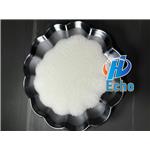
US $10.00/kg2024-04-28
- CAS:
- 68424-04-4
- Min. Order:
- 1kg
- Purity:
- 99.7%
- Supply Ability:
- 200000kg
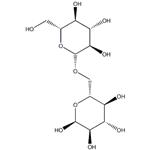
US $8.00-2.00/kg2024-04-24
- CAS:
- 68424-04-4
- Min. Order:
- 1kg
- Purity:
- 99%
- Supply Ability:
- g-kg-tons, free sample is available
